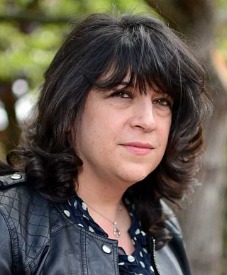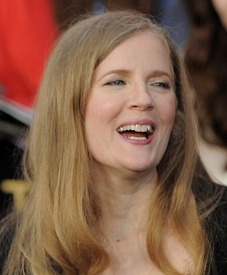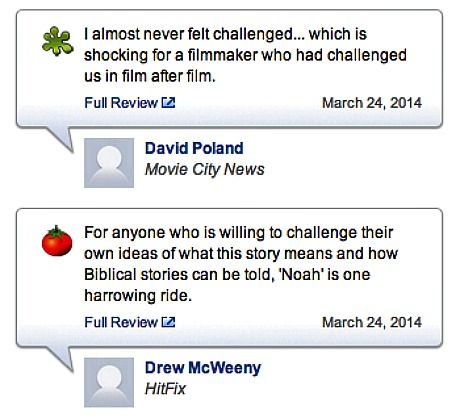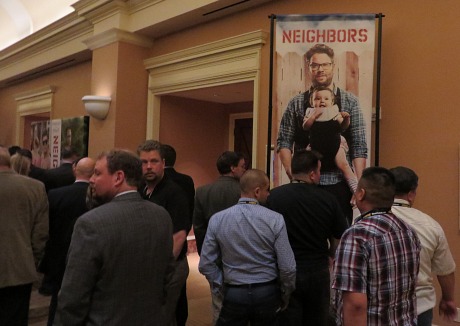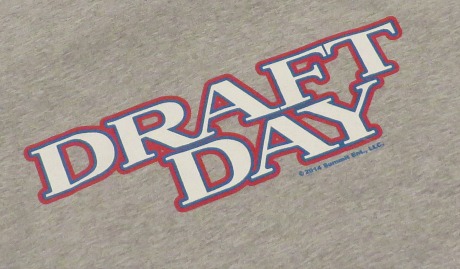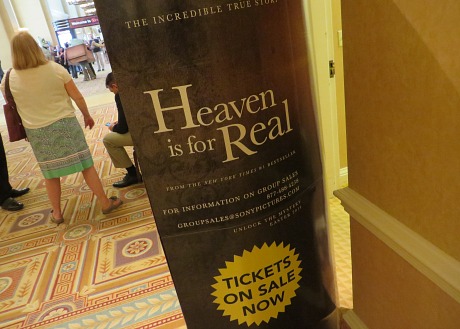Every other year Grantland‘s Bill Simmons, whose metier will always be sports-writing, bangs out a piece about movies. Almost (I say “almost”) every time he does this he slams a ground-rule double or a triple — he always tags it pretty hard. I love Simmons’ voice. He’s Grantland‘s all-guy antidote to the studiously passionate know-it-allism of Mark Harris. His latest effort, posted today (i.e., 3.27), is called “The Action Hero Championship Belt,” a chapter-by-chapter review of the peak moments of greatest action stars of the last 45 years (starting with Steve McQueen in 1968’s Bullitt), is a major kick and possibly the best Simmons movie piece ever written. But since he’s only tapped out…what, seven or eight movie articles in his entire life this praise is obviously modified if not faint.
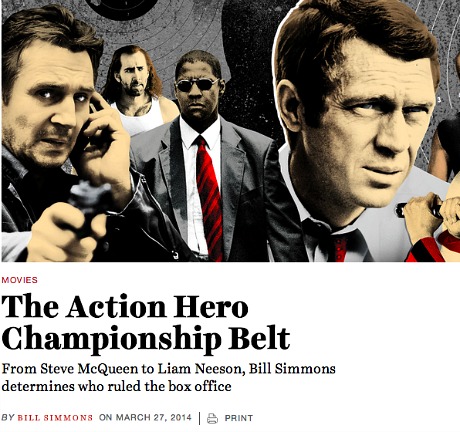
Simmons, of course, is a grade-A, brand-name columnist and cultural seer, but my first reaction was that this sort of regular-guy-dealing-straight-cards and dispensing-with-any-semblance-of-pretentious-bullshit style of movie-writing is owned these days, in my mind at least, by LexG. Simmons is a veteran pro, of course — more skilled and seasoned than Lex and in no apparent way saddled or distracted by alcoholism or hookers — but he’s such a dilletante-ish dabbler that this particular voice is primarily owned by that tortured and lamenting voice of Agonized Horndog, Underpaid Caption-Inserter and Chinese Wizard Imprisonment. I’m serious.


